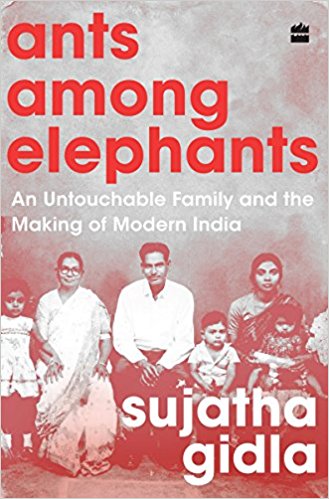Caste continues to be a reality in India even as the country is moving to the third decade of the twenty-first century. Undoubtedly the most inhumane and oppressive aspect of the caste system is untouchability. Not only are caste and untouchability experienced in quotidian life across the country, come elections and they manifest in the most pronounced fashion in a variety of ways as the parties and politicians set out to garner votes. Lately, gaining political currency is eating in the homes of untouchables, or Dalits. These ‘photo-ops’ and ‘poster strategies’ do not in any way change the fact that this section of the Indian citizenry continues to live on the edge of the margins of Indian society. Even conversion, a strategy adopted by several Dalits/untouchables to escape the oppression of the caste system and the scourge of untouchability, does not change the objective situation most of the time. The tough journey of an ‘untouchable’ life can be captured vividly only by someone who has a lived-experience of it. Sujatha Gidla, a New York-based subway conductor paints a poignant picture of India’s centuries-old deeply entrenched caste system with the story of self and her family, particularly of her uncle KG Satyamurthy and her mother Manjula. Her untouchability remained part of her persona wherever she went into the country, a subject she could not discuss with anybody ever. What if she studied at IIT (Madras) in Chennai, her caste was not washed off by this elite institution and a prestigious educational degree. She moved to the USA in the early 1990s at the age of 26, began working in a bank in New York; now at 53, she works as a conductor in a New York subway. In this long working life, she realized that she had an identity as a person beyond her caste; that she had nothing to be ashamed about.
Sujatha Gidla was born in a Dalit Mala caste family in a remote part of Andhra region, i.e., before the State of Andhra Pradesh came into existence with parts of Nizam’s Hyderabad State and parts of Madras State. Her caste people had to compulsorily live outside the village, away from the parts where the upper castes lived. But having converted to Christianity and having been educated, they were allowed to live within the village perimeter. Since the family was Communist, they did not go to church. But like other Dalits, they were poor too. However, each of these was a reason for them to be discriminated against and kept in ‘place’ as Dalits.

